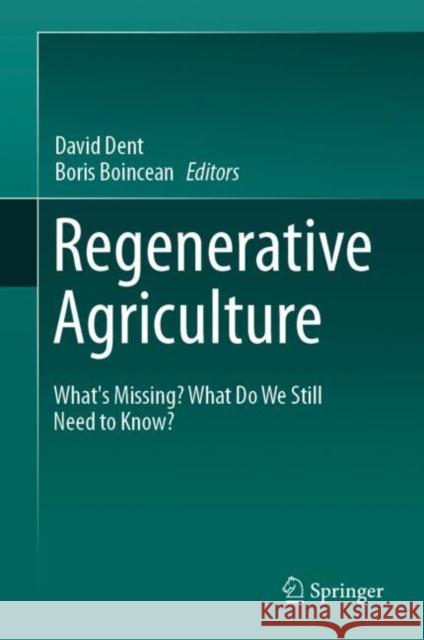Regenerative Agriculture: What's Missing? What Do We Still Need to Know? » książka
topmenu
Regenerative Agriculture: What's Missing? What Do We Still Need to Know?
ISBN-13: 9783030722234 / Angielski / Twarda / 2021 / 355 str.
Regenerative Agriculture: What's Missing? What Do We Still Need to Know?
ISBN-13: 9783030722234 / Angielski / Twarda / 2021 / 355 str.
cena 1207,67
(netto: 1150,16 VAT: 5%)
Najniższa cena z 30 dni: 1156,64
(netto: 1150,16 VAT: 5%)
Najniższa cena z 30 dni: 1156,64
Termin realizacji zamówienia:
ok. 22 dni roboczych.
ok. 22 dni roboczych.
Darmowa dostawa!
Kategorie:
Kategorie BISAC:
Wydawca:
Springer
Język:
Angielski
ISBN-13:
9783030722234
Rok wydania:
2021
Wydanie:
2021
Ilość stron:
355
Waga:
0.77 kg
Wymiary:
23.88 x 19.56 x 2.29
Oprawa:
Twarda
Wolumenów:
01











